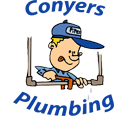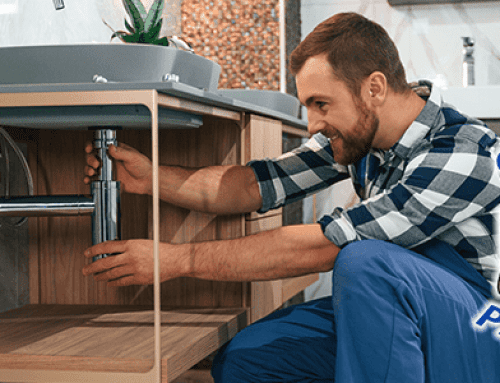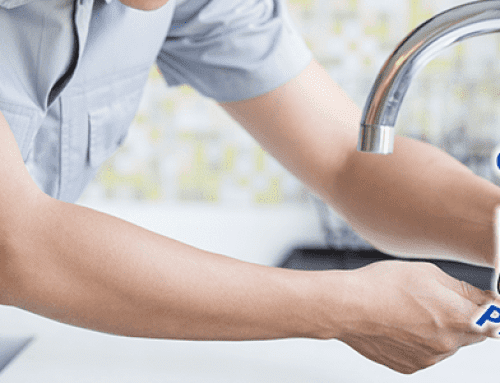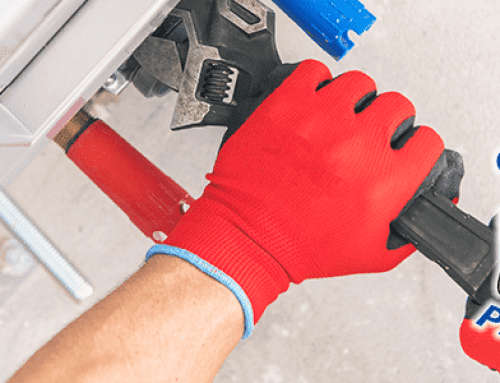Three Plumbing Places To Watch
Some people call plumbing systems the heart and soul of any building. That includes your home. The plumbing moves through your entire home and into the landscape. Wherever you need water, you have plumbing. Not just pipes – Valves, fixtures, taps, shut-offs… There are a lot of parts that could potentially need some attention in a lot of rooms in your home. On average, only a few of these places need service in a given year… But paying closer attention to these spots can save you a lot of money. A vigilant watch will let you stop or catch leaks before damage sinks in.
Water Heater Problems
The water heater is usually out of sight, out of mind. However, the water heater is prone to leaking and loose pipes as temperatures vary, causing the metal to expand and contract. Because so much water is in this tank, there is much room for corrosion. Most tanks have a lifespan of 6 to 10 years. If your tank is older than this, watch for signs of corrosion and sediment buildup.
Banging noises, bad smells, and foul-tasting water can be a sign your water heater needs a replacement. If you’re looking to upgrade, consider a tankless water heater. These don’t run out of hot water and tend to last longer.
Sewage and Septic Problems
One of the key areas of your plumbing system is the way your home moves waste away from the property. The local water companies manage your sewer, but a connection called a sewer line leads to the mainline. This is where problems can occur. Clogs, tree roots, and more can impede the function of this pipe. In bad cases, this pipe can break and leach sewage into the area or even cause it to back up into your home.
Septic systems are long-lasting and fairly hands-off, but they need to be pumped and maintained. So pump it out at least every two years and regularly inspect the system. Also, inspect it if you install new fixtures to ensure it can handle the new system.
Bathroom and Kitchen Problems
Of all the places in the home, these two rooms see the most plumbing concerns develop. It stands to reason – They see the most water use, too! Depending on your kitchen, the plumbing system may be quite complex. Even small drips and leaks can be a sign of a big problem. The floors of your cupboards should be bone dry. Most of the time, when a major problem develops, like a broken pipe, it’s because a small issue went ignored.
The worst situations in these rooms can cost major repair bills. This is why it is important to know where your connections are and check for any loose fittings. Extra water can lead to mold, mildew, and structural damage. Once you find a leak, shut off the water main and call a plumber. Knowing where the water main shut-off is will save you money in the event of a serious leak. Usually, it’s in front of the home near the street in a rectangular or round cover.
Plumbing problems can spring up just about anywhere. By watching these specific spots, you can avoid the worst of them. When you see a problem in these areas, call a licensed plumber for help right away.




